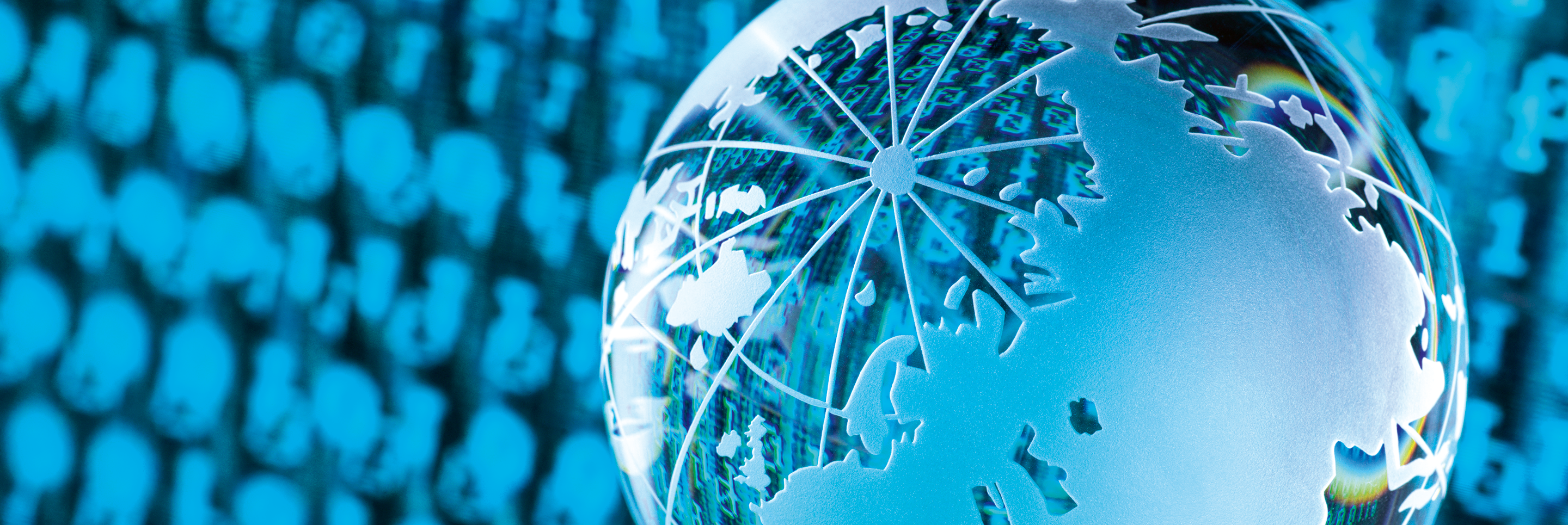In the current political atmosphere, polarisation has increased around issues such as women’s rights, LGBTI+ rights, and sexual and reproductive health and rights (SRHR) at national and regional levels, which is reflected in electoral processes and campaigns. Consequently, this process is also greatly reflected in international negotiations, especially within the United Nations. Hence, this ARP, hosted by the Geneva Graduate Institute’s Gender Centre, aims to investi- gate the developments of anti-gender politics within the United Nations arena, notably at the Human Rights Council (HRC) in Geneva.
We aim to map the reactionary block of states, think tanks, and non-governmental organisations working against progressivist politics, looking to understand the current trends and unpack their successful strategies for advancing their agendas. Besides that, we are delving deep into the use of human rights language in international contexts to analyse how anti-gender actors instrumentalise and weaponise it. Acknowledging the rapid develop- ments on these issues, we aim to diagnose the current scenario and recommend to progressivist international actors how they can navigate this situation and design strategies to advance gender justice and combat reactionary efforts.
Contextualising the influence of electoral processes on our project, we highlight that in 2024 a quarter of the world has gone to the polls, which caused several geopolitical transformations also in the international context. There- fore, by collecting qualitative and quantitative data from HRC sessions and other international negotiations through the first half of 2025 and analysing the changes resulting from the Trump-Vance administration in the United States and beyond, this project hopes to provide valuable insights into the field of international diplomacy. In looking closely at the role that gender plays, we believe this analysis can significantly contribute to the work of pro-gender justice actors engaging with United Nations mechanisms, especially partners of the Geneva Gender Network.
This student research project is critical to the rights of women, girls, all gender minor- ities, and men and boys. When we started this work in 2024, it was intended as an archival project but quickly pivoted to respond to the implementation of Project 2025. The coopta- tion of gender is an easy brick to pull out of the multilateral system — and this research provides us with an analysis and recommen- dations on keeping that wall strong.
Claire Somerville
Lecturer in International Affairs
and Executive Director of the Gender Centre
This article was published in Globe #35, the Graduate Institute Review.




